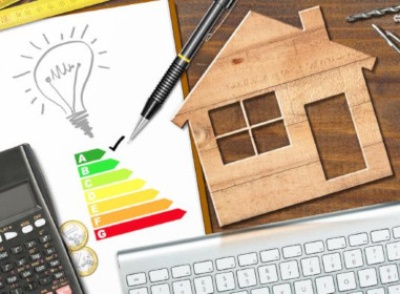Political measures to reduce the energy efficiency gap
- 3/11/19 11:48 AM
- Kirsten Oswald
SCCER CREST White Paper analyses the potential for increasing household energy efficiency

Households contribute about 50% of the total energy demand in Switzerland and are thus an important target group for energy saving strategies. Research shows that there is still a big potential for making households in Switzerland more energy efficient as they tend to invest in technologies that are less energy efficient and not economically optimal for themselves or for society. This is even the case if an energy efficient product has lower costs over its entire lifetime. This phenomenon is termed the “energy efficiency gap”. It also indicates that solely bringing energy efficient products into the market is no guarantee for households actually purchasing them.
Why do households not invest in energy efficient technologies more frequently? One reason is that market forces do not always provide enough incentives for consumers to use energy efficient technologies. Another reason is that the purchase decision for energy efficient technologies is very complex from the consumer’s perspective: in order to make a reasonable purchase decision, households would have to calculate and compare the lifecycle costs (purchase price and operational costs) of different technologies.
The eighth SCCER CREST White Paper analyzes the causes for the energy efficiency gap, which hinder the achievement of the set energy political targets. Based on research results, the paper formulates political measures to reduce the gap. As it is affected by diverse factors, both monetary and non-monetary measures should be combined.
Download your copy (in German) to find out more.
!!! This document is stored in the ETH Web archive and is no longer maintained !!!